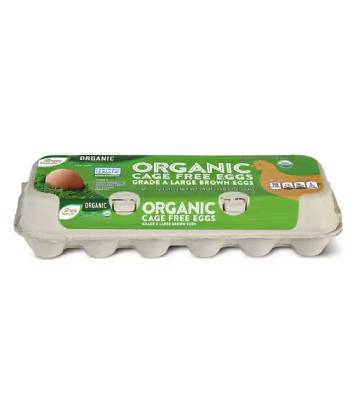Food Nutrition Facts
Nutrition Facts For
Egg
Portion Size: 1 Large
| Nutrient | Value | % Daily Value* |
|---|---|---|
| 70.0 kcal | 4% | |
| 5.0 g | 1% | |
| 1.0 g | 0% | |
| 187.0 mg | 62% | |
| 62 mg | 3% | |
| 63.0 mg | 2% | |
| 6.0 g | ||
| 0.0 g | ||
| 0.0 g | ||
| 0.0 g | ||
| 6.0 g | ||
*Daily value based on a 2,000 calorie diet. Your daily values may be higher or lower depending on your calorie needs and health goals.
Calculate your daily calorie needs here
Nutrition Facts For 1 Large of Egg

Eggs are a nutritional powerhouse, packed with essential vitamins and minerals, including protein, choline, and vitamins D and B12. They are a versatile and affordable food, easily incorporated into a wide range of dishes, from simple scrambled eggs to elaborate soufflés. The egg's structure, with its protective shell, nutrient-rich yolk, and protein-packed white, makes it a self-contained source of nourishment. Whether enjoyed for breakfast, lunch, or dinner, eggs contribute valuable nutrients to a balanced diet.
Beyond their nutritional value, eggs play a significant role in cooking. They act as a binding agent in many recipes, helping to hold ingredients together. Their ability to emulsify fats and liquids makes them essential for sauces and dressings. The proteins in egg whites can be whipped into foams, adding lightness and volume to desserts and baked goods. From their culinary versatility to their impressive nutritional profile, eggs are a staple ingredient in kitchens around the world.







